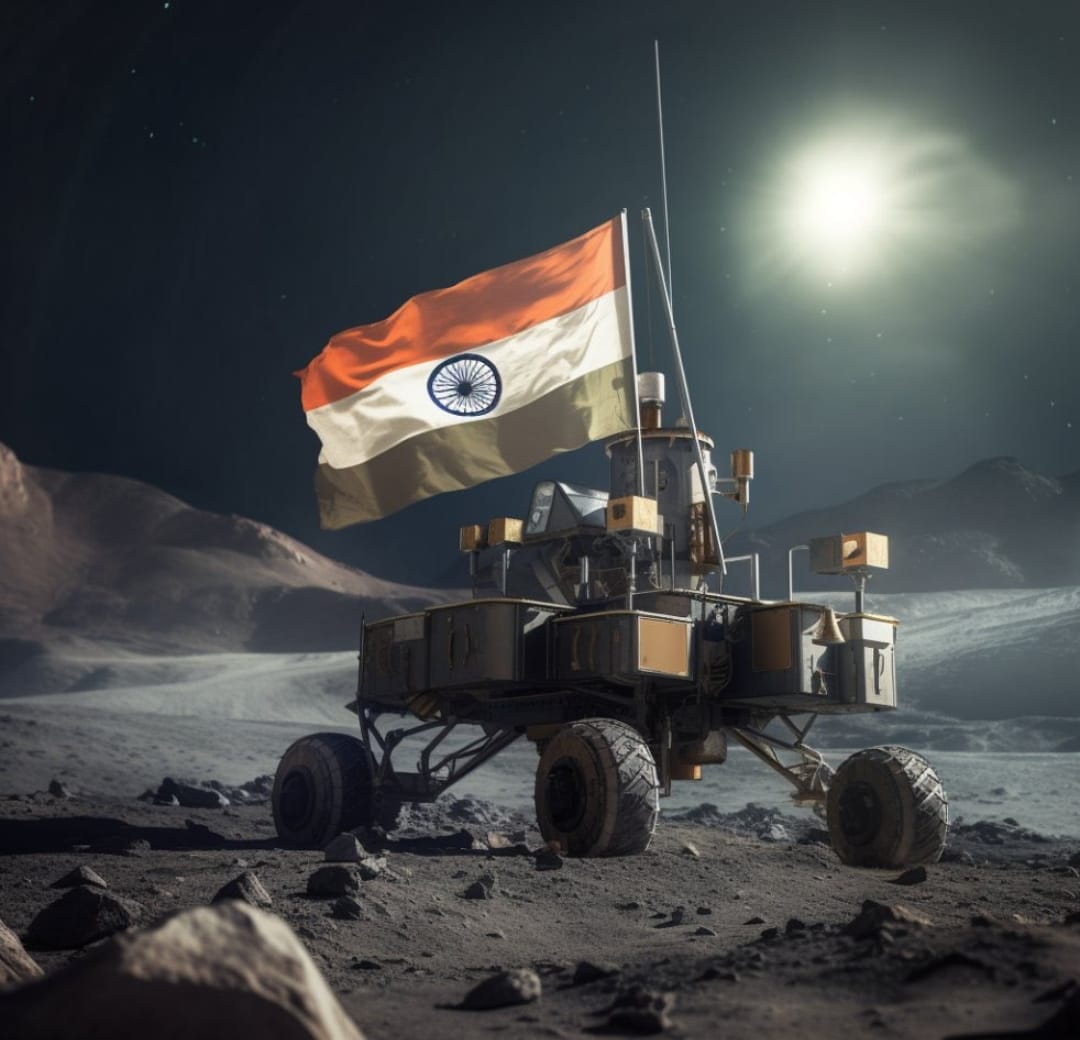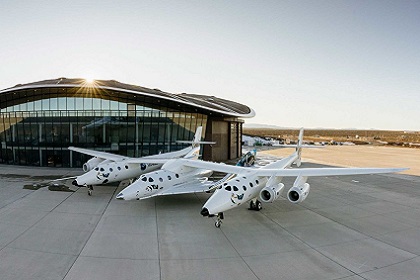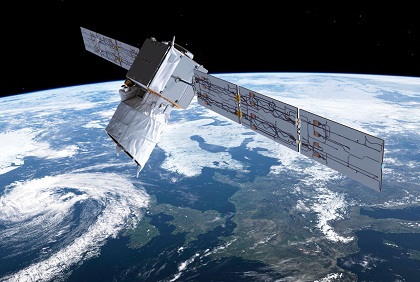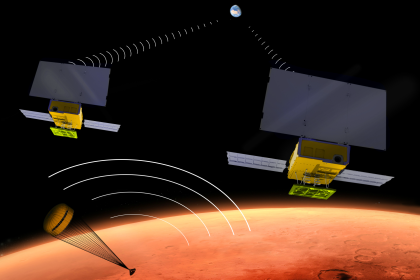India’s rising star in contested space
The Chandrayaan’s successful landing on the lunar south pole gives India some momentum to think ‘astro-strategically’ about space – independently and with its partners. Science and national prestige alone aren’t the only factors driving human space endeavors. Commercial gain, and intense military contestation are likely to be a feature in future decades.










